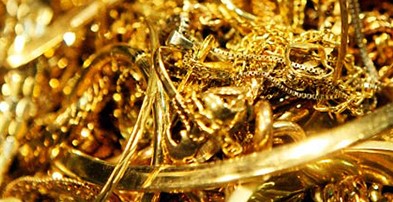
Team News Riveting
Chennai, December 12
Why the CBI (central bureau of investigation) should not be booked for theft, the Madras High Court observed, as over 100 kilograms of gold went missing from its custody.
The Court on Friday ordered a Crime Branch-CID probe after it was found that 103.864 kg gold out of 400.47 kg seized by the CBI from Surana Corporation Ltd and kept under lock and key had gone missing.
The case dates back to 2012, when the CBI had booked a case against the officials of Metals and Minerals Trading Corporation (MMTC) for showing undue favours for Surana Corporation, a gold importer. The probe agency raided Surana Corporation and seized 400.47 kg gold.
Later the CBI said the seized gold was not needed for prosecuting the MMTC officials for corruption but filed another case in 2013 against Surana Corporation for violation of Foreign Trade Policy. The seized gold was transferred from 2012 case to 2013 case. Later the case was closed as there was no offence committed.
The company sought the possession of the gold as it had taken bank loans and State Bank of India (SBI) sought the possession of the yellow metal. The banks had initiated insolvency proceedings against Surana Corporation.
The Special Court in 2017 ordered handing over of the gold to SBI and when the inventory was taken it was found that the gold weighed 296.06 only that was 103.864 kg less than the original 400.47 kg seized in 2012.
Liquidator Ramasubramaniam had approached the High Court asking for a direction to CBI to hand over the missing gold. The Court asked to lodge a complaint with the state’s Crime Branch-CID.
The CBI in its defense said that while handing over the gold to the liquidator, it was weighed individually and that was the reason for the discrepancy.
Justice PN Prakash refused to accept this submission. Though the Special Public Prosecutor of the CBI contended that the prestige of the CBI would come down if the investigation is done by the local police, Justice PN Prakash in his order observed that “… the law does not sanction such an inference.”



